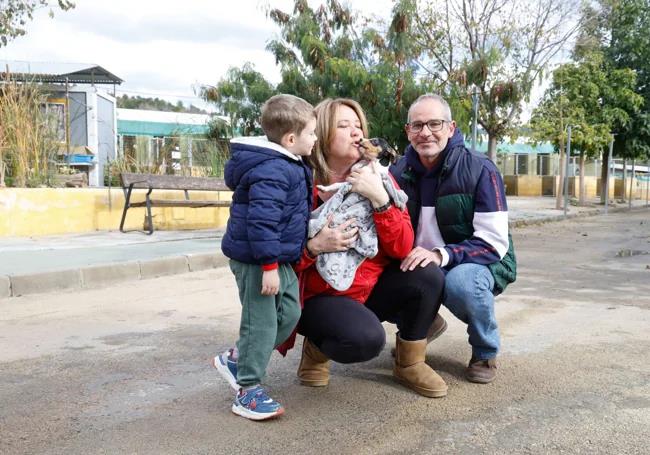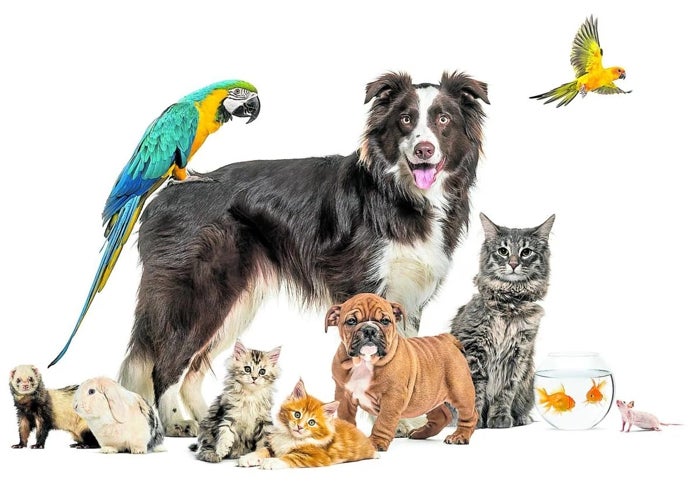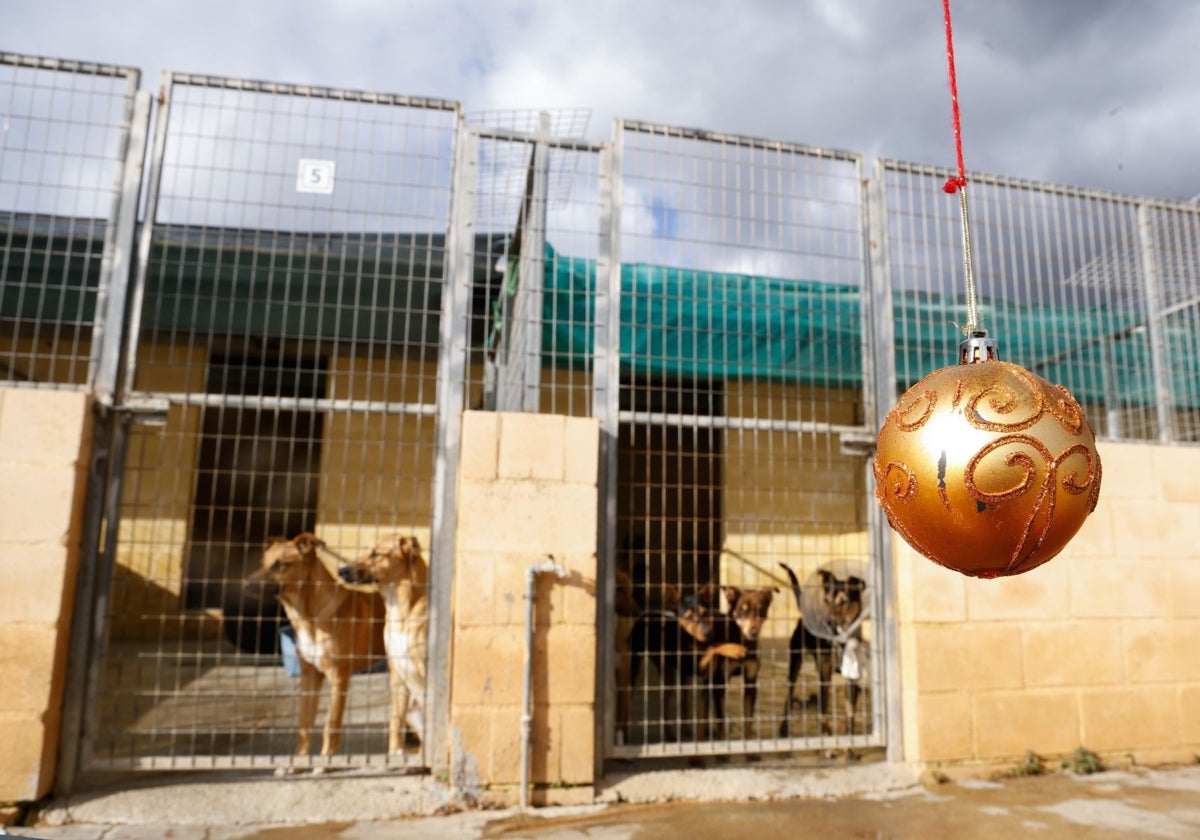Unwanted litters and sick pets are the most frequently abandoned animals in Malaga shelter
The number of abandoned dogs and cats being cared for at the city's Sociedad Protectora pound continues to fall, although it will still total almost 1,000 cases this year
Christmas is back, Santa Claus, the Three Kings and lots of presents. With them comes the whim of having a pet. A few months later, the puppy will grow up and become an adult dog, which has to be taken out several times a day, fed and taken to the vet, and which cannot be left alone in the house all day. There are still far too many cases of those who end up abandoning the animal, either in a municipal animal protection centre or in an NGO or charitable association that runs so many shelters in Malaga province.
In the city of Malaga the Sociedad Protectora advises that, between January and November last year, 873 dogs and cats in distress were collected. The worst thing about this harsh figure is that there is an even harsher reality behind every case, which illustrates how far we still have to go to achieve a better and wider social awareness of what responsible pet ownership really entails.
A large number of these surrenders to shelters correspond to abandoned litters, which can involve taking in up to a dozen animals at once. "They are often left in rubbish bins, still with the [umbilical] cord, and it is almost impossible to give them a good start in life. In addition, the mother is left in a very bad state, with a high risk of disease. It's inhumane," said the shelter's president, Carmen Manzano.
400
Dogs and cats, along with other rescued animals, live at the Protectora de Animales city pound, when its capacity for sheltering animals is planned for 250.
So it is not surprising that most of the 20 dogs and 9 cats that have died in these facilities during the year were puppies and kittens, "who could not survive without their mother." "We have to insist again and again on the need for sterilisation; it is the only way to avoid unwanted litters and newborn deaths."
In addition to this, there is a second harsh reality, which is the surrender of older animals suffering from serious illnesses or who have been victims of accidents, and whose owners claim that they cannot afford to pay the high veterinary bills. On this point, Carmen Manzano pointed out that the IVA tax rate is still 21% when vets bill the shelters, which makes any treatment very expensive.
There is also some good news, because not everything is negative. Abandonment is on a downward trend in Malaga, although less than would be desirable. So it looks like 2024 will have closed at around 1,000 rescues, compared to 1,121 in 2023 and 1,148 in 2022. Almost every month the statistics are down on the previous two.
Less abandonments
The shelter currently houses 400 animals, to which must be added the 74 cats and 40 dogs living in foster homes, either because they are very young or for health reasons to prevent them from catching the infectious diseases that are common in the shared kennels that are currently over-capacity as previously mentioned.
It is also true that the years when the management and volunteers had to find space for more than 600 dogs are now behind them. "We are a little better off, we have restructured the shelter with kennels for recently sterilised females and those in heat, and with that we have reduced the capacity a little... But abandonment is still almost the same," said Manzano.

She goes on to highlight an especially cruel form of abandonment: the one when animals are returned after having been adopted, generally when they were mostly puppies. In the last year there have been no less than 43 such cases (41 dogs and 2 cats). "They adopt an adorable puppy and discover that it grows up and is not a cuddly toy. Then, going from a home back to the shelter is very hard and cruel."
Adoptions
Although abandonment is still a serious problem, it is largely compensated by a growing number of adoptions. Out of 873 dogs and cats that came in this year, 855 found a new family. They are mostly locally-based residents, while the number of dogs and cats sent to other countries, which was once very important, has fallen sharply.
"I wonder if we have already saturated the market? There are associations that are sending greyhounds to the United States and Canada." In the shelter are left those that nobody wants, especially the large dog breeds, which are not usually suitable for living in small city flats, or potentially dangerous breeds, as well as elderly, sick or those with serious behavioural problems.
The municipal animal health centre continues to take in numerous abandoned dogs. By virtue of an agreement with Malaga city council, 153 dogs and 8 cats were taken into care by the team as of November. The organisation has also collaborated with the Local Police in the rescue of over 70 animals, mostly dogs that, thanks to the microchip, it has been possible to return most of them to their families.


